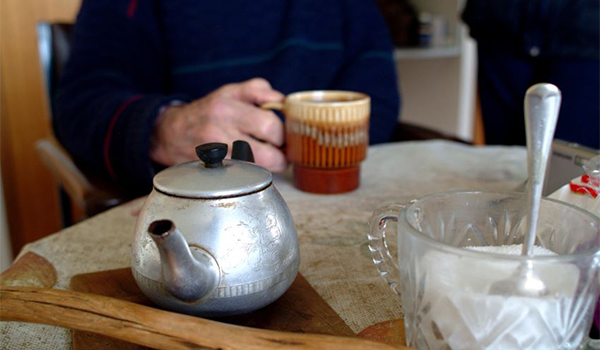‘Isolation’ has been the buzz word of the COVID-19 pandemic.
For nearly three months, the Prime Minister has had everyone across the country confined to their home, which has worked out well as Australia leads the world in locking the dreaded virus out of the country.
But for many older people, isolation has been a shock because, more than any other group, older people have discovered they are truly isolated.
Technology and Zoom video catch up with friends and family sounds great if you have an iPad and good Internet connections. But if this is not you, and you live alone, you have been – well – alone.
And if your family live in another suburb, town or state, they too have been isolated and not able to stay in touch or support you if you need it. Even the reliable GP has not been available face-to-face.
The result is that the number of older people who now recognise they are lonely and isolated in their family home has jumped from a very small 2% to a very significant 25%!
Research commissioned by our sister company DCM Research in January 2018, surveying 1,109 people over the age of 65, found only 2% felt sufficiently lonely and isolated that they would consider moving to a retirement community.
DCM commissioned new research over the past three weeks, with 30 face-to-face interviews with people living in their own home. 25% said that they were experiencing strong feelings of loneliness and isolation, with another 35% stating they ‘moderately’ felt lonely and isolated. A huge change.
This makes sense. What it tells us is that in this new world we can’t assume that everything will be OK, forever. We need to plan ahead to make sure that we set ourselves up for the surprises that life keeps serving.



